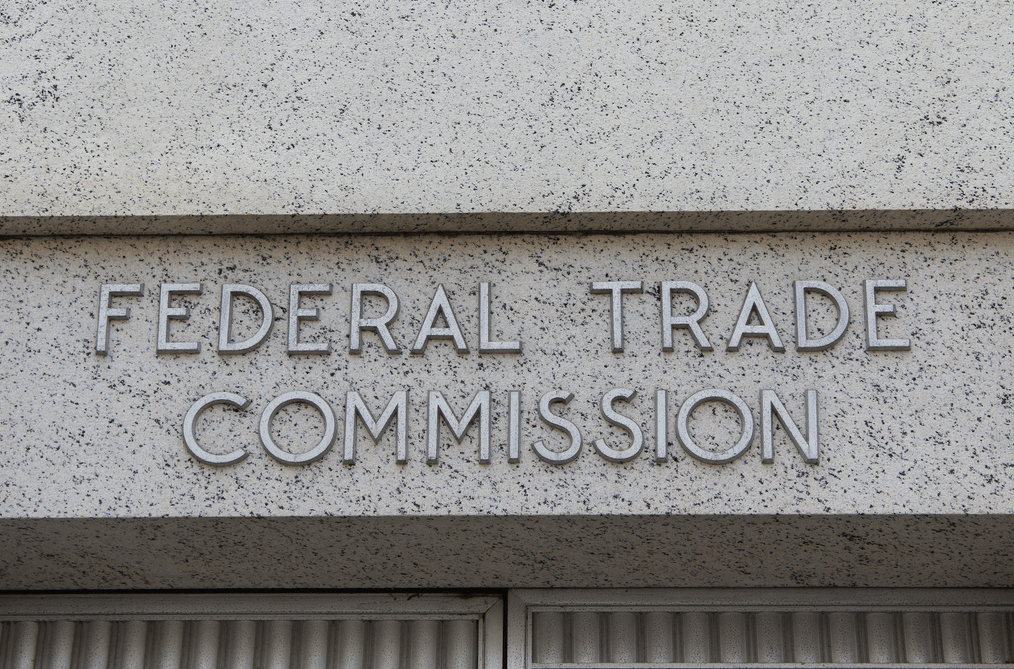
Airchat, a social app built around voice messages, is pivoting after it launched in April.
Airchat now looks like an asynchronous Clubhouse: You join channels for specific topics, then record voice messages or videos to respond to other people in that channel. If you want to move a thread out from the main conversation, you can start group DMs. This is a departure from its previous iteration, which featured a Twitter-like social feed, but even in that form, it included topic-based group chats for subjects like startups, fitness and books.
“With our initial launch, there was such an interest around the topic-based groups that we wanted to just double down on those and try to connect more like-minded people,” Airchat designer Kyle Barber told TechCrunch. “It’s a lot more focused around the things that you like, and finding people in those rooms or channels to talk with.”
The concept of Airchat is fun, especially if you’re someone who loves to send voice memos instead of typing out long paragraphs on your phone keyboard. But like any social app, Airchat’s test will come when more users onboard: What happens when a conversation gets too congested? Will Airchat face the same obstacles as Clubhouse when it comes to moderating audio content? Airchat has a leg up on Clubhouse, at least, because it comes with a very accurate, built-in transcription feature — so if Airchat applies industry-standard, AI-based text moderation, those transcriptions will come in handy.
This isn’t Airchat’s first pivot. The company delivered its first product in May 2023, but the founders — AngelList founder Naval Ravikant and former Tinder product exec Brian Norgard — rebuilt the app, which was what launched earlier this year. Maybe the third time’s the charm!

